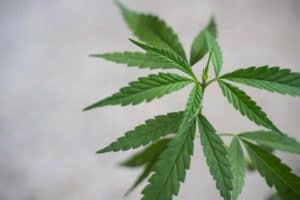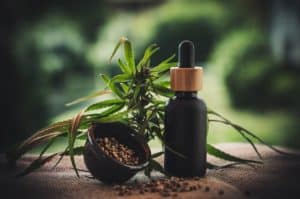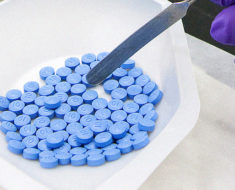
Source: https://pixabay.com/
Worldwide, the status of hemp oil varies. Some countries have thriving markets, others have barely a drop of the stuff in local stores. For that reason, it’s hard to get a handle on hemp oil usage across the entire planet, and statistics from just one country can give people a skewed impression of just how popular (or not) hemp products are. However, new regulation and growing public support over in the UK could position the country as an early pioneer – a safe, well-documented hemp oil producer.
Rebranding Hemp
There are a few things we can tell straight away. The UK market for hemp oil is £300m (about $390m), a figure that has ballooned from virtually zero in just three years. According to consumer watchdog Which?, that number means the hemp industry is larger than the industry that produces vitamin C and D. Around 1.3m people in the UK use some kind of hemp-based product today, and the country is currently the world leader in the production of medical versions of hemp, growing 95 tonnes in 2016.
The growing public appeal of hemp products largely comes from a re-branding effort. Hemp oil is increasingly marketed (and understood) as a health food item or similar mundane product. Vape sticks, beauty products, tea and even tinctures with unique flavors, such as the popular Passion Fruit strain, are all available on the high street or online in the UK. The newly-open attitude is helping to change public perception of hemp and hemp products from the all-fearing attitudes of the mid-20th century to something more akin to kale.

Source: https://pixabay.com/
Half-Hearted Regulation
Worldwide, online magazine GQ claims that spending on hemp oil products will climb to £47bn before the end of the next decade. However, the exploding popularity of hemp items has occurred beneath the sight of confused and under-resourced regulators, who have done little so far, especially in the USA. Now, though, a London-based non-profit, the CMC, wants to give the UK the best-regulated market for hemp oil in the world through a testing program and the promotion of industry chemists.
The efforts of Which? have also resulted in at least one case of clarified labeling and an exposé on just how messy the efforts of multiple half-hearted regulation attempts have been. As mentioned, hemp oil products are variously listed as a food, cosmetic, and tobacco-like products, while the European Food Standards Agency has bundled them in with “novel” foods; a type of post-1990 product that requires a special license to manufacture or sell.
Regulatory Pillars
The UK’s CMC is now hoping that the establishment of a quality charter will continue to foster the growth of high-quality, well-regulated products in the UK. The charter binds hemp oil manufacturers to seven “pillars” that touch on aspects like legal accountability, ethical marketing, accurate labeling, testing, and sustainability.
Hopefully, for the world’s many users of hemp items at least, history will see that many other countries followed the example set by local regulators to help keep hemp products on the same path as superfoods like kale.









































